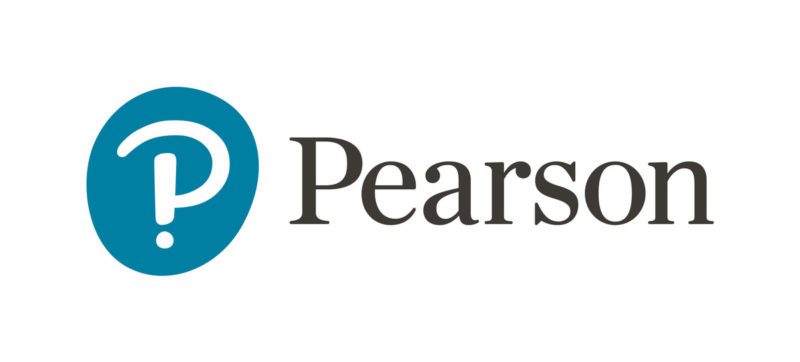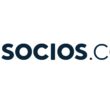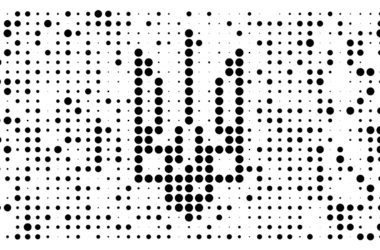Quick take:
- A Pearson textbook is resold up to seven times.
- The company posted sales of $2.2 billion in Q1 2022.
- Bird said Pearson has a team “working on the implications of the metaverse.”
The CEO of publishing company, Pearson, is looking at NFT textbooks as an additional revenue stream as the company posted an increase in profits at an earnings call this morning.
Pearson CEO, Andy Bird, said that the company could generate more revenue from each textbook by taking a commission from each resale. Bird said that a Pearson textbook is typically resold up to seven times.
“Technology like blockchain and the NFTs allows us to pass through every sale of that particular item as it goes through its life. The possibility to participate in downstream revenues…I find really interesting.” said Bird.
Reselling a textbook as NFT in a purpose-built app differs from physical textbooks in that the transfer cost is built into the smart contract and is almost impossible to avoid. But in real life, a physical textbook can be sold without scanning a barcode with the embedded NFT, allowing students with limited funds to avoid paying an additional cost.
The idea is not yet fully fleshed out. Bird said that Pearson has a team “working on the implications of the metaverse.” This comes as the company posted sales of £1.8 billion ($2.2 billion) in Q1 2022 while operating profits of £160 million ($195.97 million) grew 26% over the previous year due to an increase in English language learning sales and online packages after the easing of Covid restrictions.
In April, Pearson acquired Mondly, a global online language learning platform that offers consumers learning in English and 40 other languages via its app, website, virtual reality and augmented reality products
Pearson’s interest in NFT isn’t just for the sake of additional revenue. The company looking at holding classes in virtual worlds. Bird’s comments come as educational institutions are looking for opportunities to generate more income and create use cases for NFTs and the metaverse.
Last week, the University of Tokyo announced that it will offer study programs in the metaverse while Wharton became the first Ivy League business school to launch a metaverse education program.
In June, Animoca Brands acquired educational platform TinyTap for $$39 million to bring learning to Web3.
Stay up to date:





